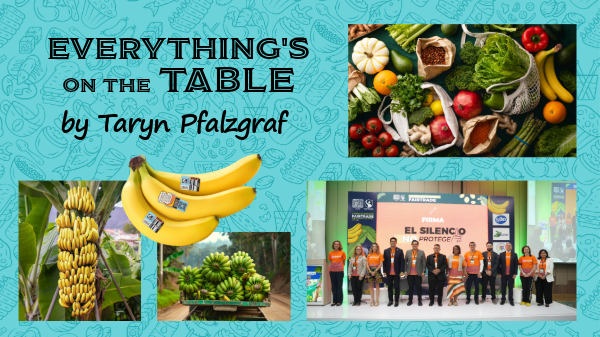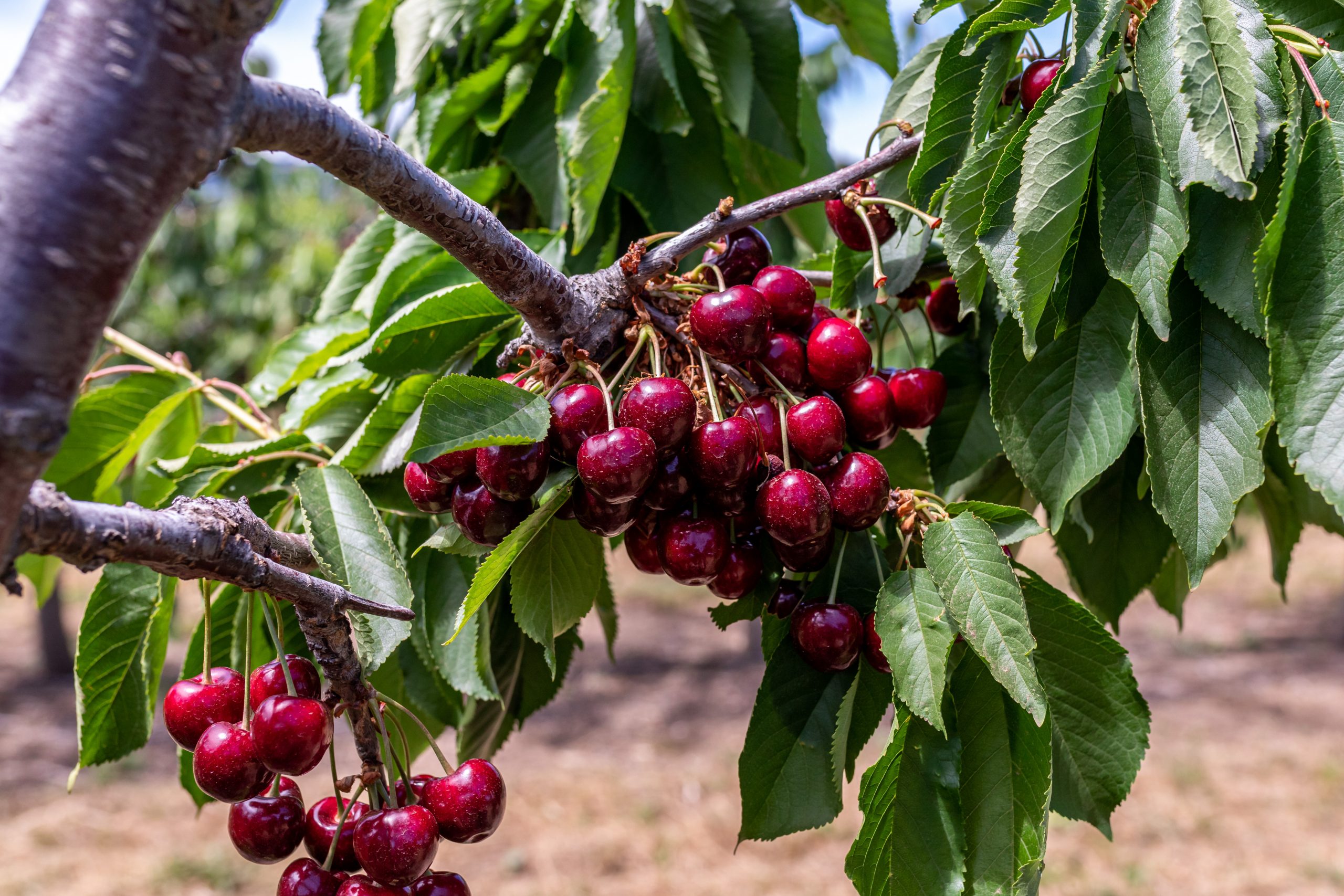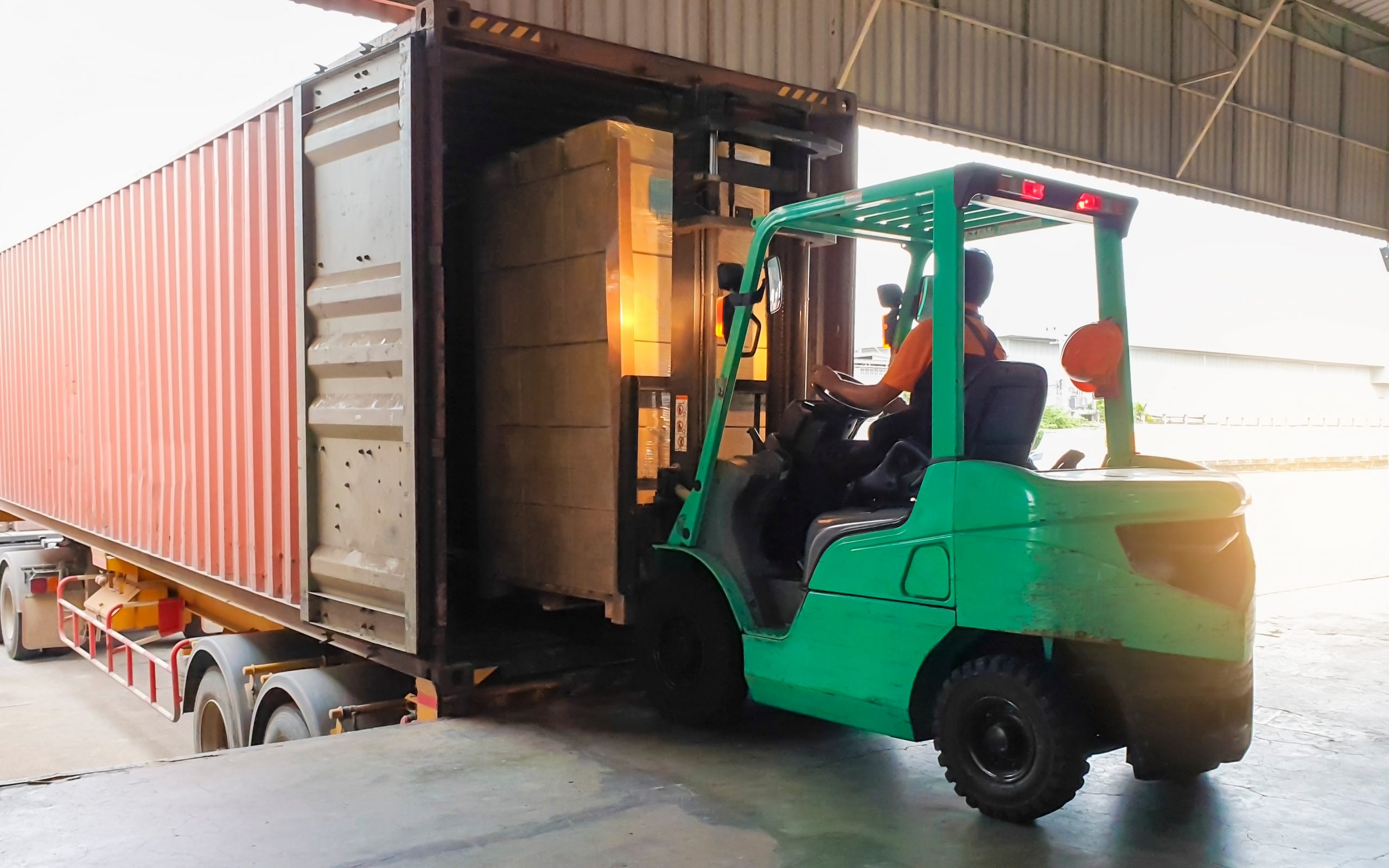Welcome to Blue Book!
Are you ready to join the thousands of companies who rely on Blue Book to drive smarter decisions? View our plans and get started today!
Still have questions? We’d love to show you what Blue Book can do for you. Drop us a line– we’ve been waiting for you.

Photos courtesy of Equifruit Inc. and CLAC (The Latin American and Caribbean Network of Fair Trade Small Producers and Workers); graphics Belight, Fortyforks/Adobe Stock,
Just as pivot was the buzzword during the pandemic years, today’s buzzword is uncertainty. We’re uncertain about our finances due to economic turmoil, we’re uncertain about the weather due to climate change, we’re uncertain about splurging on that night out to celebrate a milestone.
One thing that should be certain is how the people who cultivate and harvest our food are treated. Whether it’s in the United States, Canada, Latin America, or elsewhere, these folks make it possible for us to enjoy fruits and vegetables all year round.
Domestic growers have been terrorized by ICE raids and threats and international workers have suffered through appalling conditions. It’s easy to turn a blind eye to these injustices because we really want those cherries to snack on, bananas for our smoothies, and avocados for guacamole.
But what if there was an easy way to make a difference? There is: it’s called fair trade. There’s Fairtrade America and Fairtrade International and both support workers, ensure livable wages, and promote sustainable production.
There are more than 37,000 Fairtrade-certified, ethically priced products available in 140-plus countries, supporting over 2 million farmers and workers in 80 countries around the world, according to Fairtrade International.
Another group—the Latin American and Caribbean Coordination of Small Producers and Workers of Fair Trade, known as CLAC—is taking this a step further. Part of Fairtrade International, CLAC launched a new campaign called “El Silencio No Protege” (Silence Does Not Protect) at the Fairtrade Banana Forum 2025.
The effort is focused on preventing gender-based intimidation and violence in the banana industry. Many folks may not know the banana industry has been rife with this type of injustice for decades, so CLAC is raising awareness to improve working conditions. There are hopes to expand beyond the banana industry in the future.

And, again, it’s simple to help: buy Fairtrade-certified fruits and vegetables, especially bananas.
Among the signatories to CLAC’s initiative is Jennie Coleman, president and co-owner of Equifruit Inc. BB #:329901 in Montreal, QC. You might remember her from a recent Weekend Interview here in Blueprints.
She and the other ladies at Equifruit have been banging the drum about fair and ethical trade for years, trying to persuade more retailers to buy and stock Fairtrade-certified bananas.
Many grocery stores think consumers won’t be willing to spend those extra pennies per banana to buy Fairtrade, but what if we proved them wrong? What if we all asked our favorite grocery retailers, “Where are the Fairtrade bananas?”
It would be good to have the choice, and many stores already carry Fairtrade-certified items like coffee or chocolate, so why not bananas? It’s a no-brainer in my opinion, the epitome of a win-win. I’ll be asking my local stores about Fairtrade bananas, how about you?








